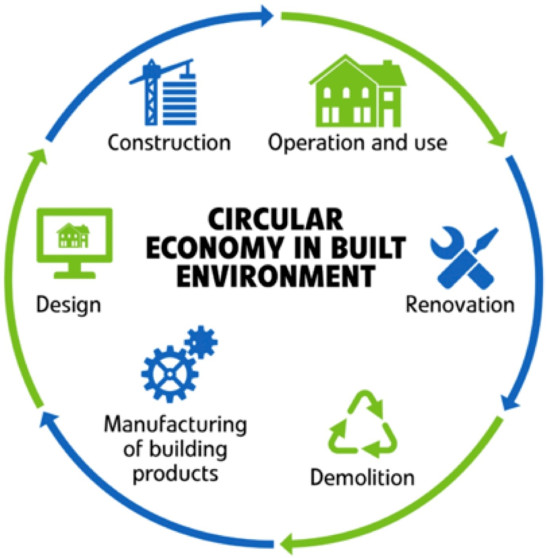What sort of ‘development’ do we want in East Devon?
.
The CEO of the District Council famously said that if we went ‘carbon neutral’ by 2025, then: “you will be refusing all planning permissions, ripping out gas fire boilers in council houses, closing all car parks, and discouraging tourism.”
.
As that is clearly not the intention of District Councillors or the wider populace, we need to see if there can indeed be ‘development’ (aka ‘planning permission’) without adversely impacting the environment.
.
A recent letter to the Herald from Graham Cooper of the Vision Group tackles this issue – and is reprinted with kind permission:
.
Earlier this year an alarming report by the UN states that we have just eleven years left to limit the climate change catastrophe. It is welcome news therefore that both the Devon County Council and EDDC are responding to this climate emergency and are encouraging individuals and organisations to help them reduce carbon dioxide emissions within Devon. It will take such vital initiatives from the local authority leaders and planners to minimise our environmental impact.
The DCC Net-Zero Task Force identifies 4 sources including greenhouse gas generated from mobility, buildings, energy usage and food production. In the UK the built environment and transport account for around 40% and 33% of the total carbon dioxide emissions. Most of such emissions are from burning fossil fuels in buildings and gas-guzzling motor vehicles. In new development, however, we need to also consider whole-life carbon emissions and resource depletion. This includes both “in-use” energy efficiency and “embodied” carbon emission contained within the construction process such as the production, supply and recycling of materials. It is largely due to the embedded carbon why existing buildings are considered the “greenest” and why “retrofitting” is considered more suitable, thankfully the path of choice for the Drill Hall but unfortunately not for the former Knowle Hotel.
In the area, the worst-case scenario with respect to the carbon footprint and environmental impact will be the proposed Sidford Business Park. With increased traffic and pollution, the risk of flooding and ecological harm this will create considerable damage to the AONB and the valley as a resort of quality. The volume of traffic movement including HGVs during and after construction, employees and visiting vehicles choking up the narrow roads in the locality will be considerable. The whole-life emissions from embodied carbon during building and the in-use heating and cooling will be vast. In view of the climate and extinction emergency, there is clearly no justification for such unnecessary out-of-town development especially when there is no evidence of need and plenty of spare office space capacity in the centre of Sidmouth. If we are to avoid a climate change catastrophe, we owe it to future generations to call a halt to the wasteful use of resources and such unsustainable over development.
Painting the Town, Art & Architecture, Vision Group for Sidmouth | grahamcooper.com
.
Here are some of the reports on the District Council’s policy-making over the summer:
Council’s Cabinet to discuss climate change report on 10 July 2019 | eastdevon.org
.
And here is what Exeter is planning:
Exeter to host major Carbon Neutral Festival in 2020 | eastdevonnews.co.uk
.
Meanwhile, the Vision Group has contributed to the Town Council’s submission to the County Council’s work:
Submit your ideas for the Devon Carbon Plan
County Council sets up the Net Zero Task Force to develop its carbon plan
Beach Management Plan: the costs of over-engineering
.
What we really need to avoid, though, as highlighted in the letter to the Herald, is the “embodied carbon” in buildings and infrastructure:
Sidford Business Park: mitigating the worst effects
Knowle relocation project: prioritise retrofitting existing buildings over demolition and rebuild
.
There are solutions, however, which might be of help to the District Council’s planners:
Circular construction: a solution to embodied carbon in buildings
.

Photo credit: Harri Hakaste, Ministry of Environment, Finland
Circular Economy in Built Environment – COP24 Side Event | RMIT …